Fukushima team studies Swiss nuclear experience
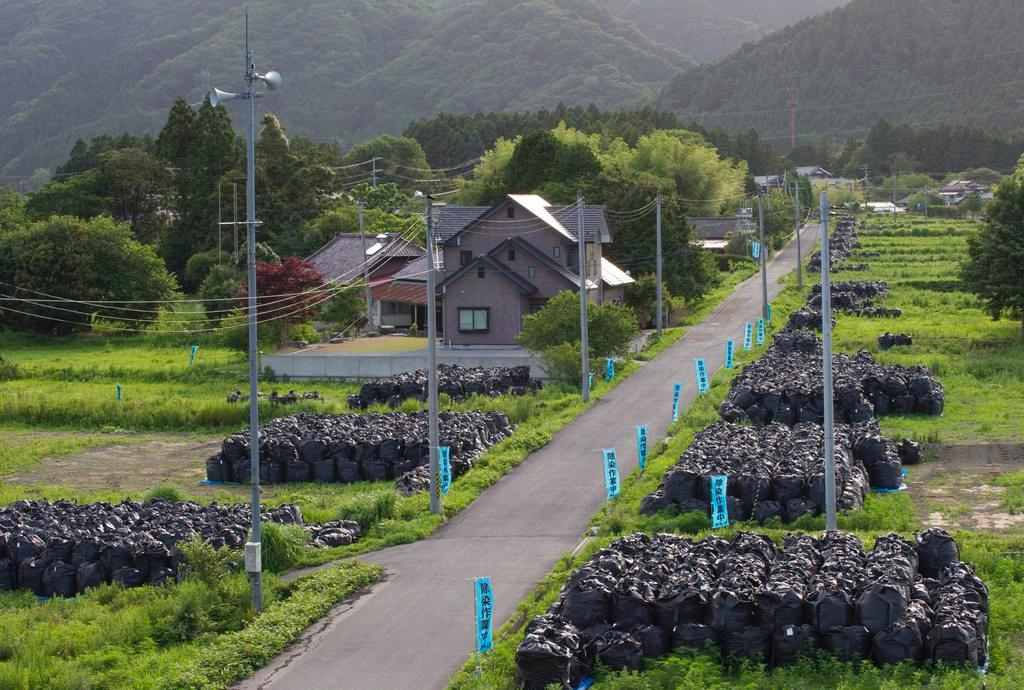
A Japanese delegation from Fukushima, site of a nuclear disaster in March 2011, has visited Switzerland to discuss energy policies, technologies and the development of renewable forms of energy.
“Almost five years after the explosions in the Fukushima Daiichi nuclear power plant, 110,000 people still can’t return to live in their homes,” Masao Uchibori, mayor of the prefecture of Fukushima since November, told swissinfo.ch in Solothurn.
“The inhabitants of zones with raised levels of radioactivity can’t lead a normal life.”
While most foreign reports on Fukushima focus on the reconstruction of the destroyed power plant, Uchibori points out that “time hasn’t stood still in Fukushima – we’ve made progress on rebuilding the infrastructure”.
On March 11, 2011, a magnitude-9 earthquake occurred off the Sanriku coast, triggering a tsunami that killed 15,000 people and wiped out cities and villages. It knocked out reactor cooling systems at the Fukushima Daiichi nuclear plant, 240km north of Tokyo, resulting in meltdowns in three of the six nuclear reactors and radiation leaks.
Some 150,000 people were evacuated from a 20km zone surrounding the plant.
Uchibori said the prefecture of Fukushima had set itself the ambitious target of getting 100% of its energy from renewable sources by 2040. To that end, the delegation is interested in Switzerland’s experiences in withdrawing from nuclear power.
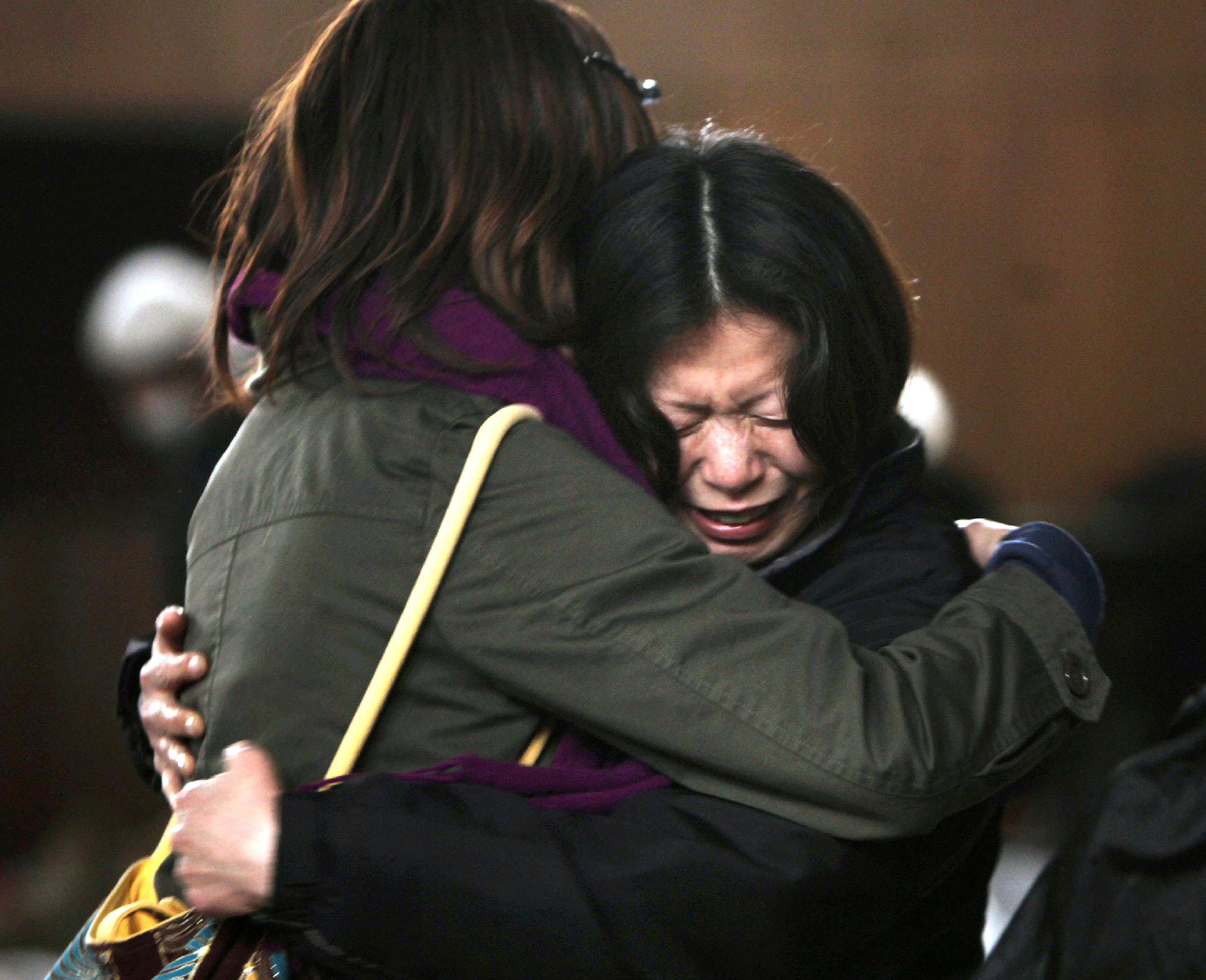
More
Shaken and shocked
Three days after the disaster, Energy Minister Doris Leuthard suspended the general licences for the three planned nuclear power plants. At the end of May 2011, the cabinet decided to phase out nuclear power step-by-step. Parliament confirmed this in autumn 2011.
Phasing it out step-by-step means that all existing nuclear power plants would be shut down after a maximum operating period of 50 years. Switzerland’s newest nuclear power plant at Leibstadt, launched in 1984, is set to close in 2034. When that happens it will mark the end of nuclear power production in Switzerland.
Pioneering project
Uchibori wants Fukushima to become a model for a society that is not reliant on nuclear power.
The Japanese government is spending big on renewable energy. A floating wind project about 20 kilometres off the coast of Fukushima will soon add a seven-megawatt turbine, the largest of its kind ever to be used at sea.
The new turbine will join a smaller two-megawatt model, which has been generating power since November 2013.
The government has allocated 50 billion yen (CHF385 million) for the project. The technology involves attaching turbines to structures that float in areas too deep for traditional towers fixed to the seafloor.
Nevertheless, the Japanese government intends to keep nuclear power as one of the country’s main sources of energy.
Asked by swissinfo.ch what he makes of that policy, which goes against what he’s trying to do in Fukushima, Uchibori replied: “The most important thing is that no nuclear power station accident happens ever again – it doesn’t matter whether it’s in Japan or another country. Countries should cooperate so that the world isn’t dependent on nuclear power.”

In compliance with the JTI standards
More: SWI swissinfo.ch certified by the Journalism Trust Initiative
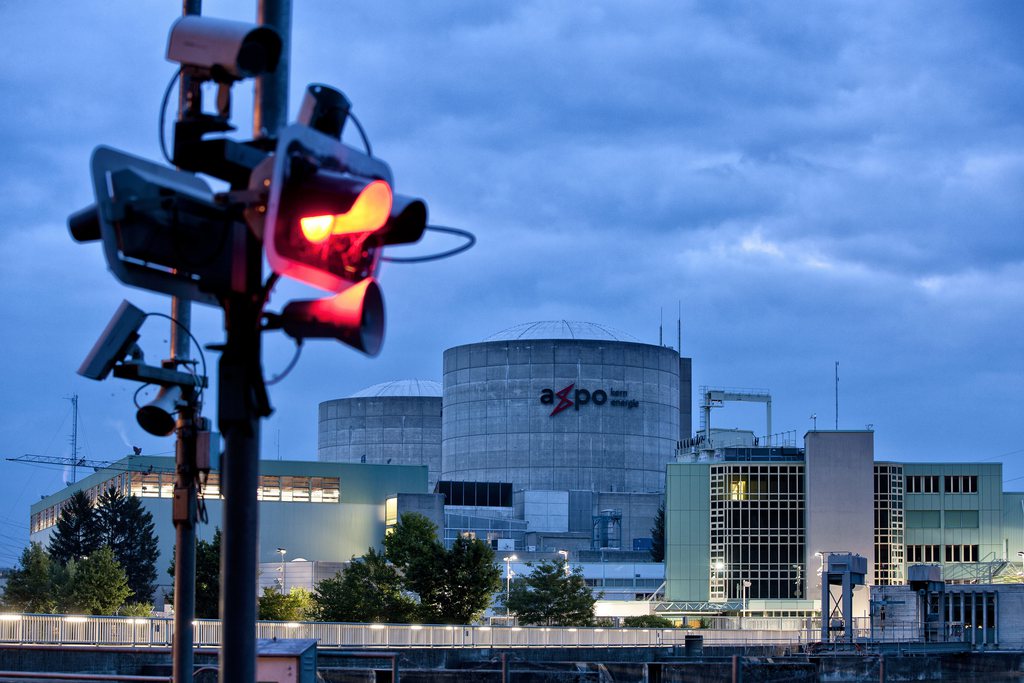
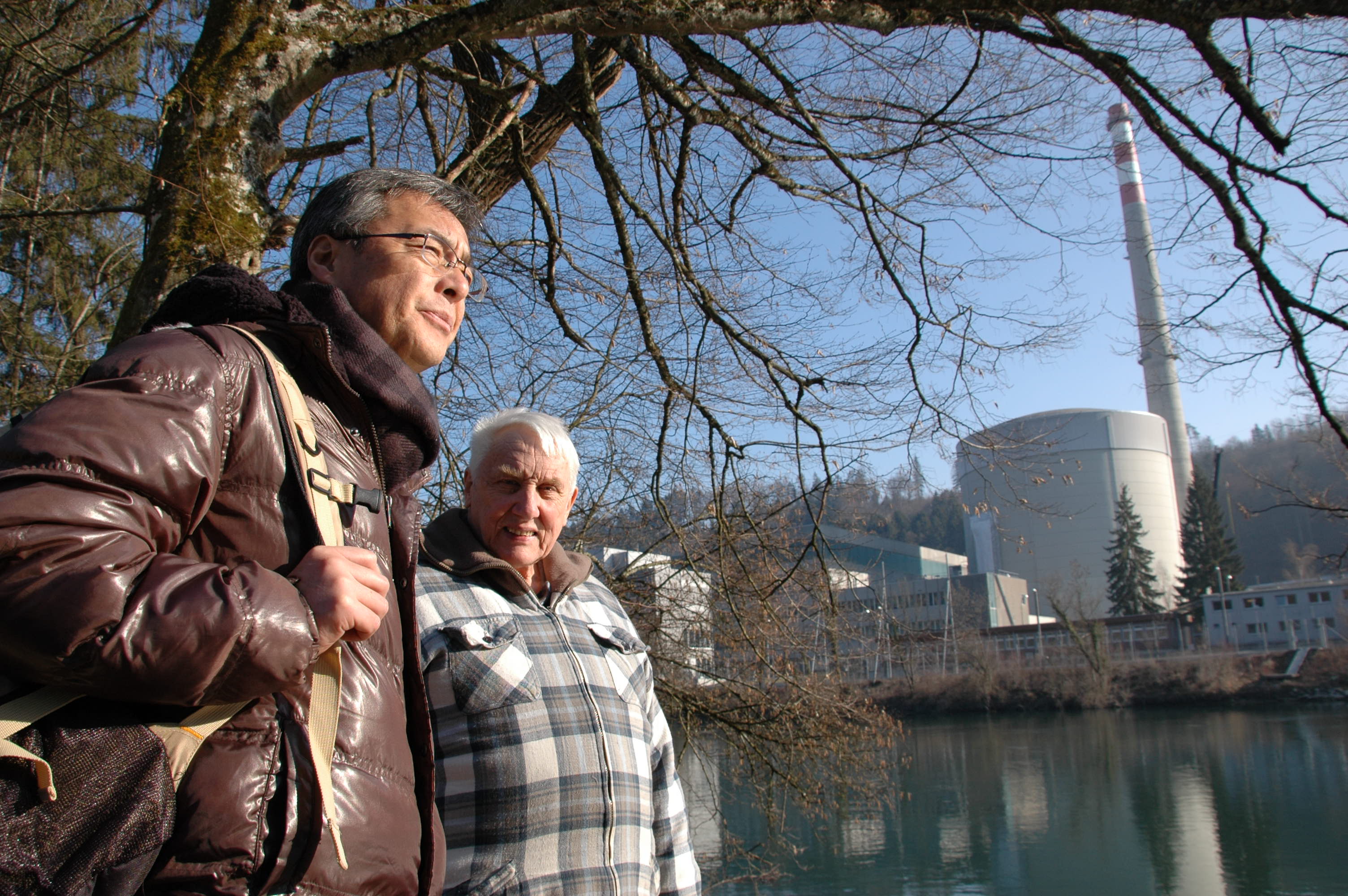
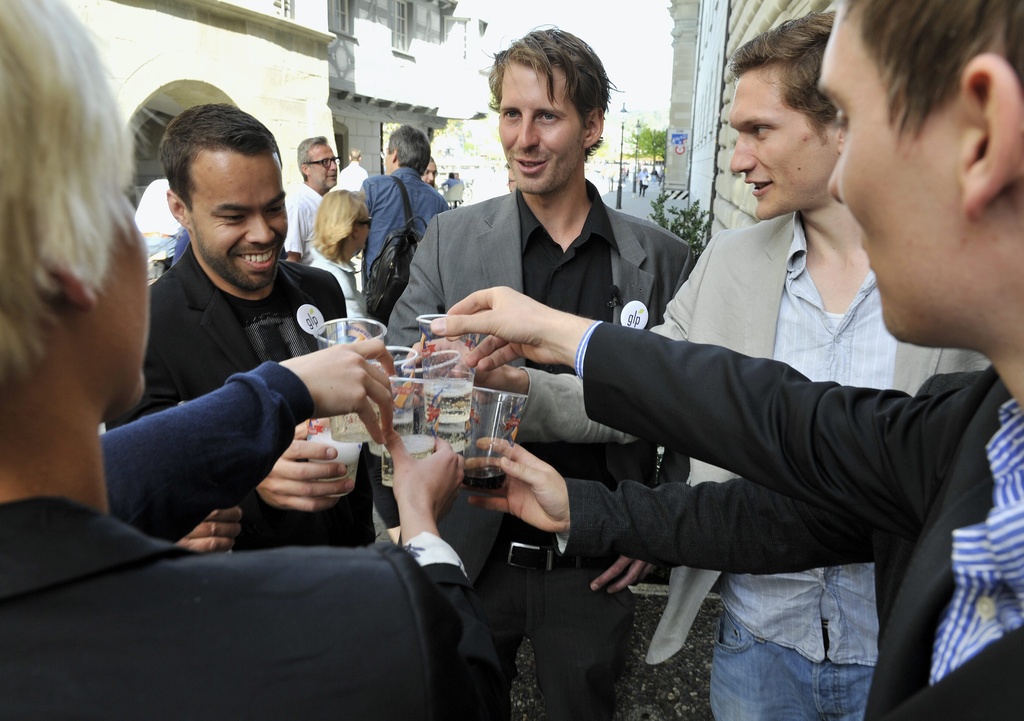
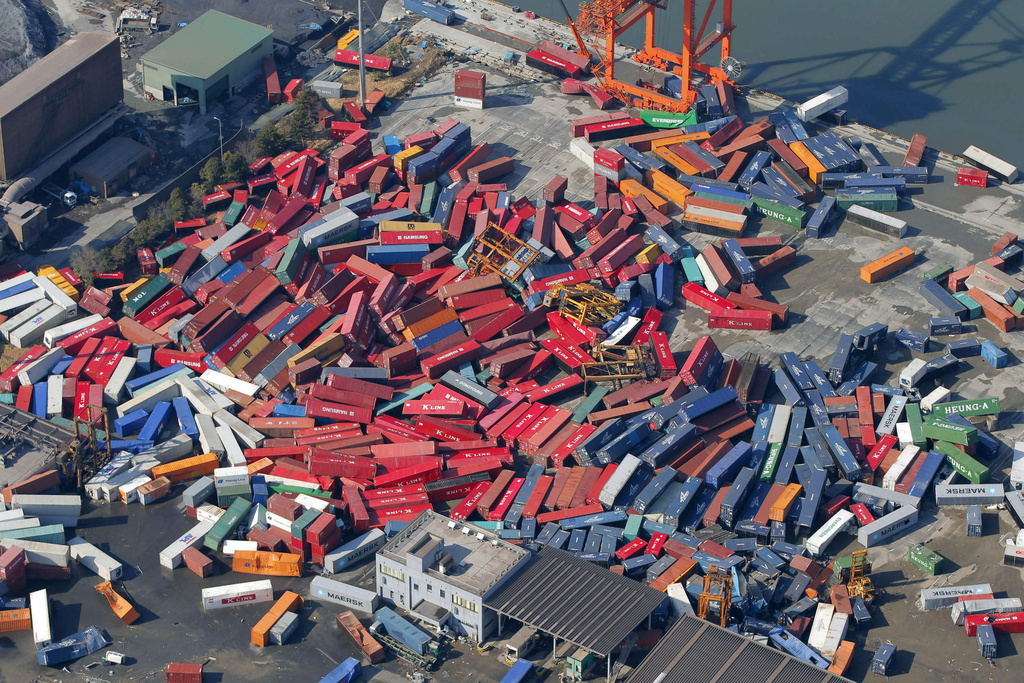
You can find an overview of ongoing debates with our journalists here. Please join us!
If you want to start a conversation about a topic raised in this article or want to report factual errors, email us at english@swissinfo.ch.